I have a "Planet Rescue" notebook made from recycled paper, which I bought to record my notes from a training course with activist and Buddhist scholar Joanna Macy at Tyalgum Tops in the 90s. As part of the training we were asked to make a mask representing the parts of ourselves that we were ready to let go of, for the sake of the Earth. After I had made it, I drew a small picture of my mask in my notebook. I named it "My Cynical Despondency"
We burned our masks in a ritual fire that night. But, (perhaps because I still have my drawing?), I have not yet given up my cynical despondency.
Every time I see, on the nightly news, or in my Facebook feed, some new example of the horrors perpetrated by my own species on other humans, animals, ecosystems...my cynical despondency rises again, or rather sinks to a new low. Considering how dysfunctional we are, might it not be better that we do carry on with business as usual until climate change wipes us off the planet so she can start again?
During one of these bouts, brought on by some awful example of animal cruelty for the sake of making money, I drew this cartoon:
I didn't show anyone my cartoon, however, because, well, it's too negative! How could I be a climate change activist and secretly feel that the planet would be better off once it sneezes us off? I closed up my cartoon folder and got on with my attempts to "save the Earth"...But I did Google "does homo sapiens deserve to live?" And amazingly I found a lot of people who say "No!"
Recently, listening to a series of seminars called " The Future is Calling Us To Greatness", I was perturbed to discover a lady who is doing "palliative care for the Earth". There are a lot of people now who believe that it's already too late, that we are about to see the end of life on this planet due to runaway climate change. Perhaps we should all just be trying to enjoy each moment we, and life on Earth, have left, in the manner of someone with terminal cancer?
I am repelled by this idea. I don't want to give up the fight and do palliative care! I want those f***ers to put a price on carbon, stop subsidizing fossil fuels, transition to a green economy; I want global justice for all humans and non-humans. Yet the cynically despondent part of me wishes for the end of my species. It lies submerged under lots of do-do-doing, until the next wave of despair hits and I wonder why I'm even bothering.
But do I have to stomp my cynical despondency back into its box? What if I were to let it see the light of day, tell my closest friends, even share it in a blog? What if I could "come out" to my cynical despondency, hold it in one hand, and in the other hand hold my love for this blue jewel planet and all its wonderful, precious inhabitants, even its dysfunctional pathetic humans, us, me? So that I can keep going, keep moving towards the world I want to live in, no matter how dysfunctional we are at this moment in our history, and no matter how unlikely it seems that we're going to pull out of this nose-dive?
Is that, perhaps, what Joanna means by "Active Hope"*? I think my goosebumps are saying "yes!"
* Active Hope: How to Face the Mess We're in without Going Crazy by Joanna Macy and Chris Johnstone.
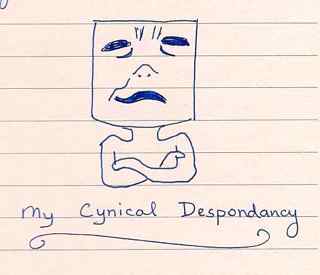
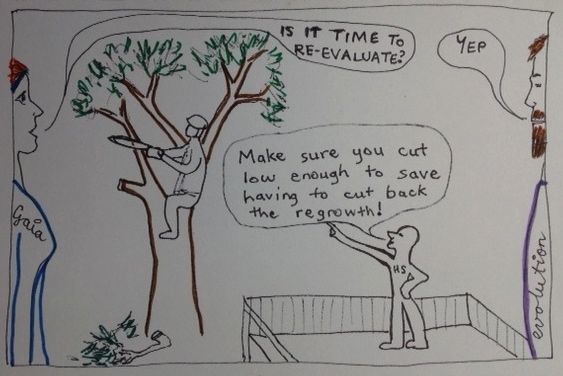
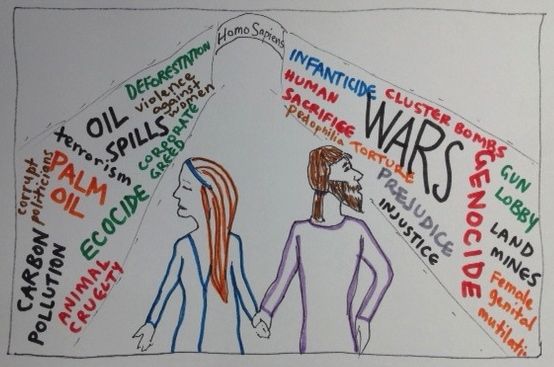
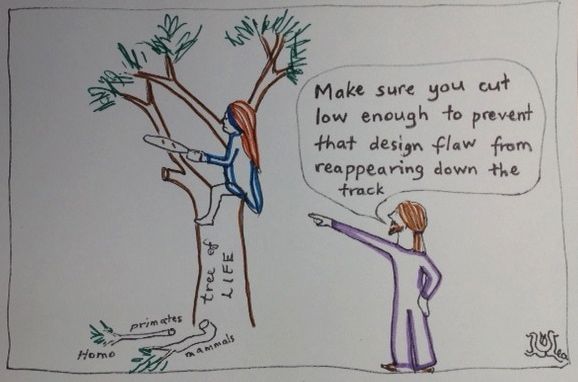
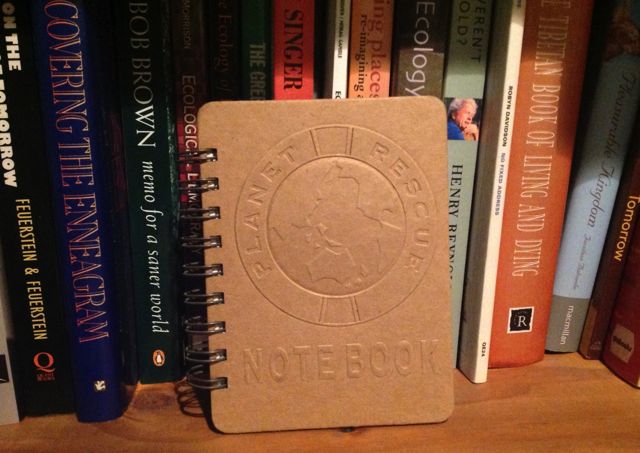
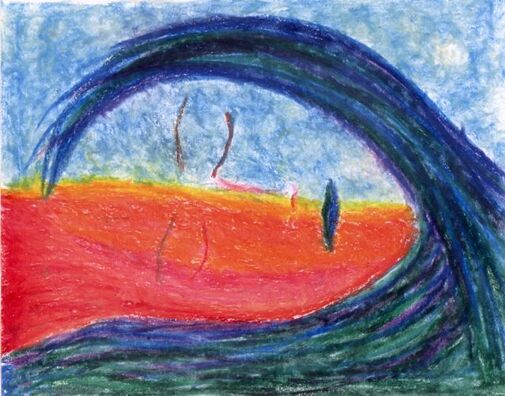
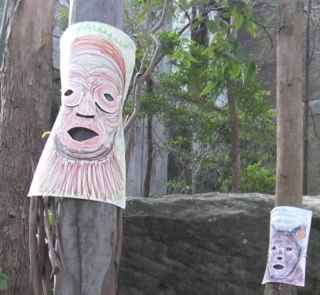
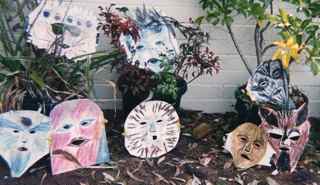
 RSS Feed
RSS Feed